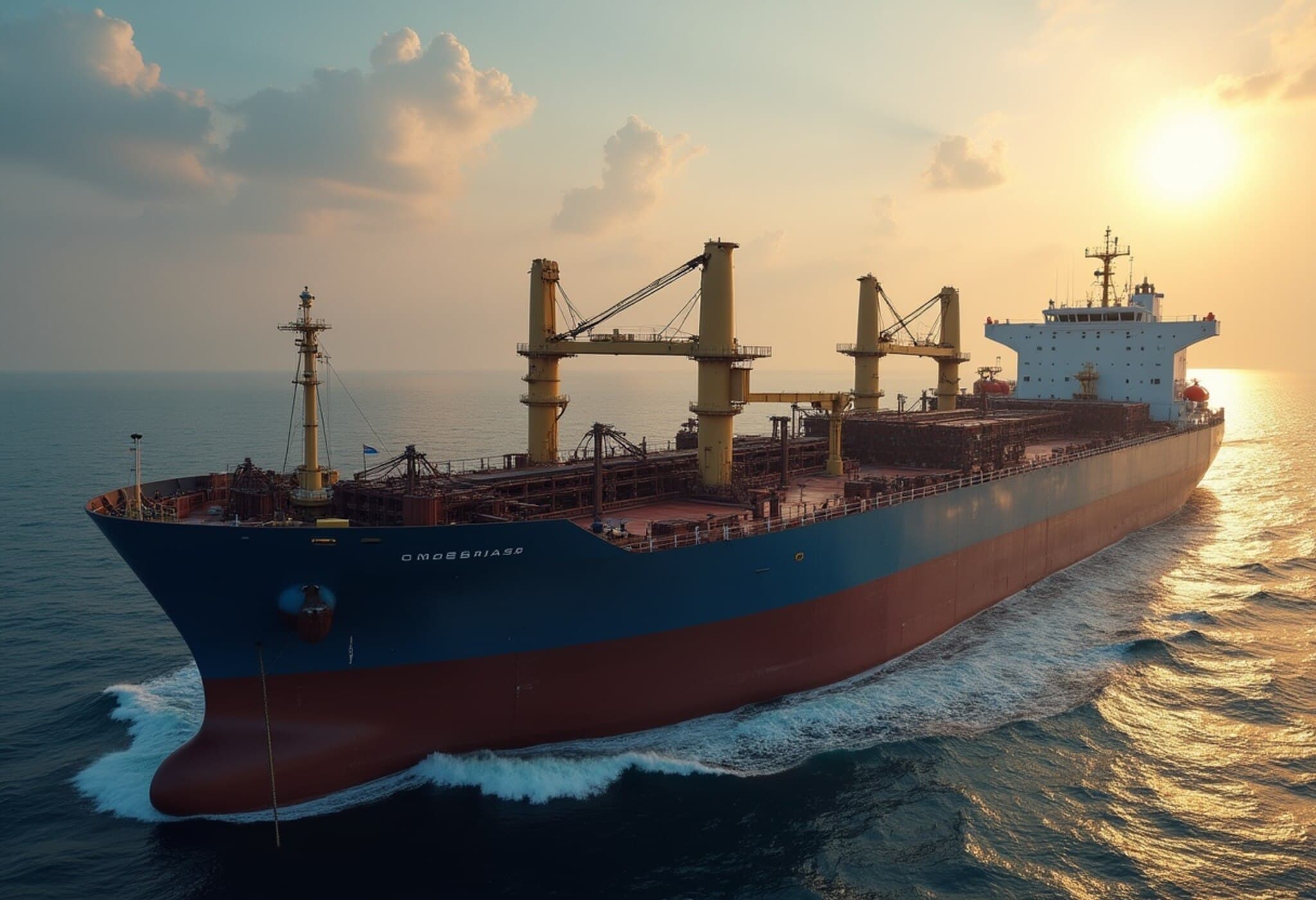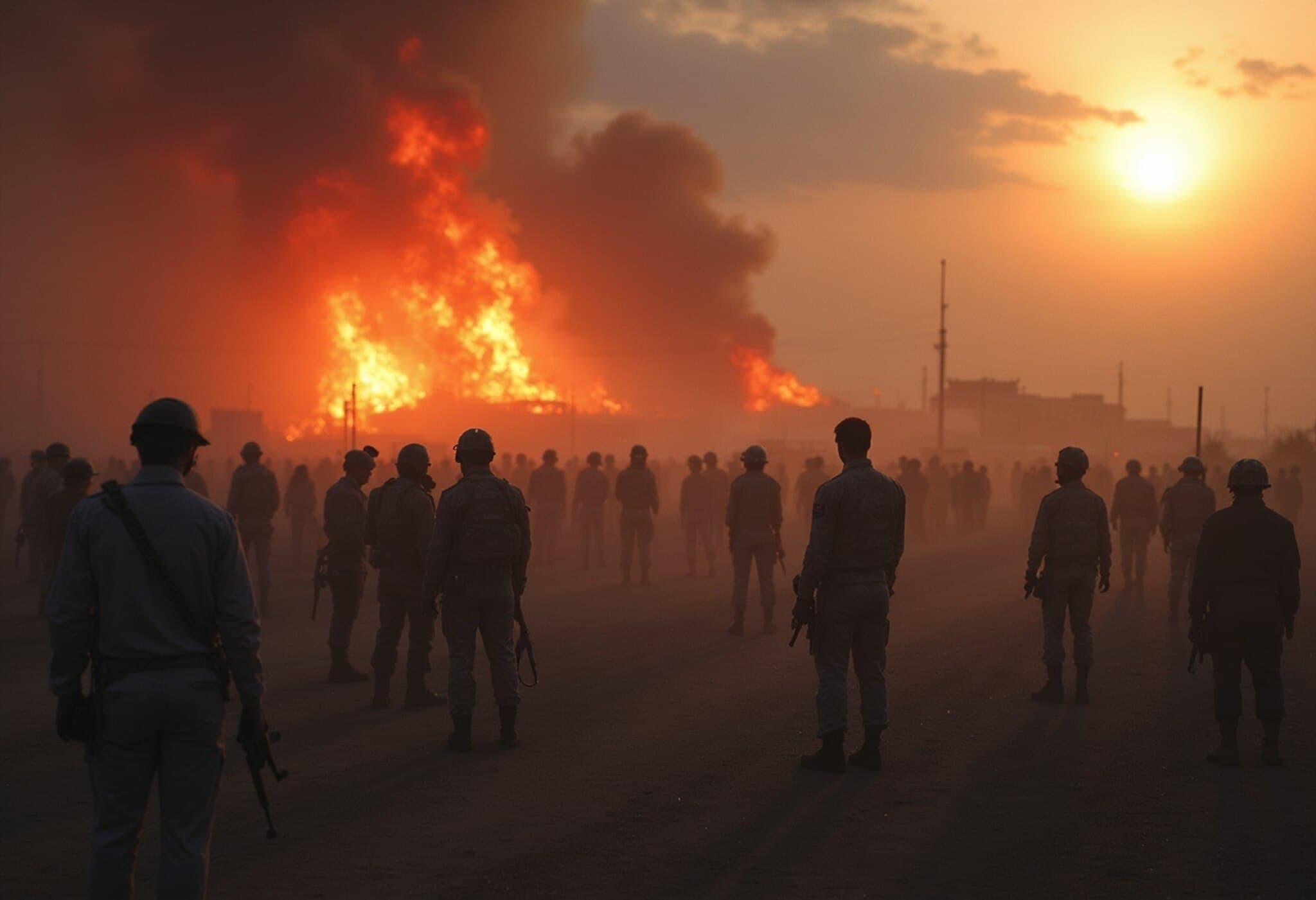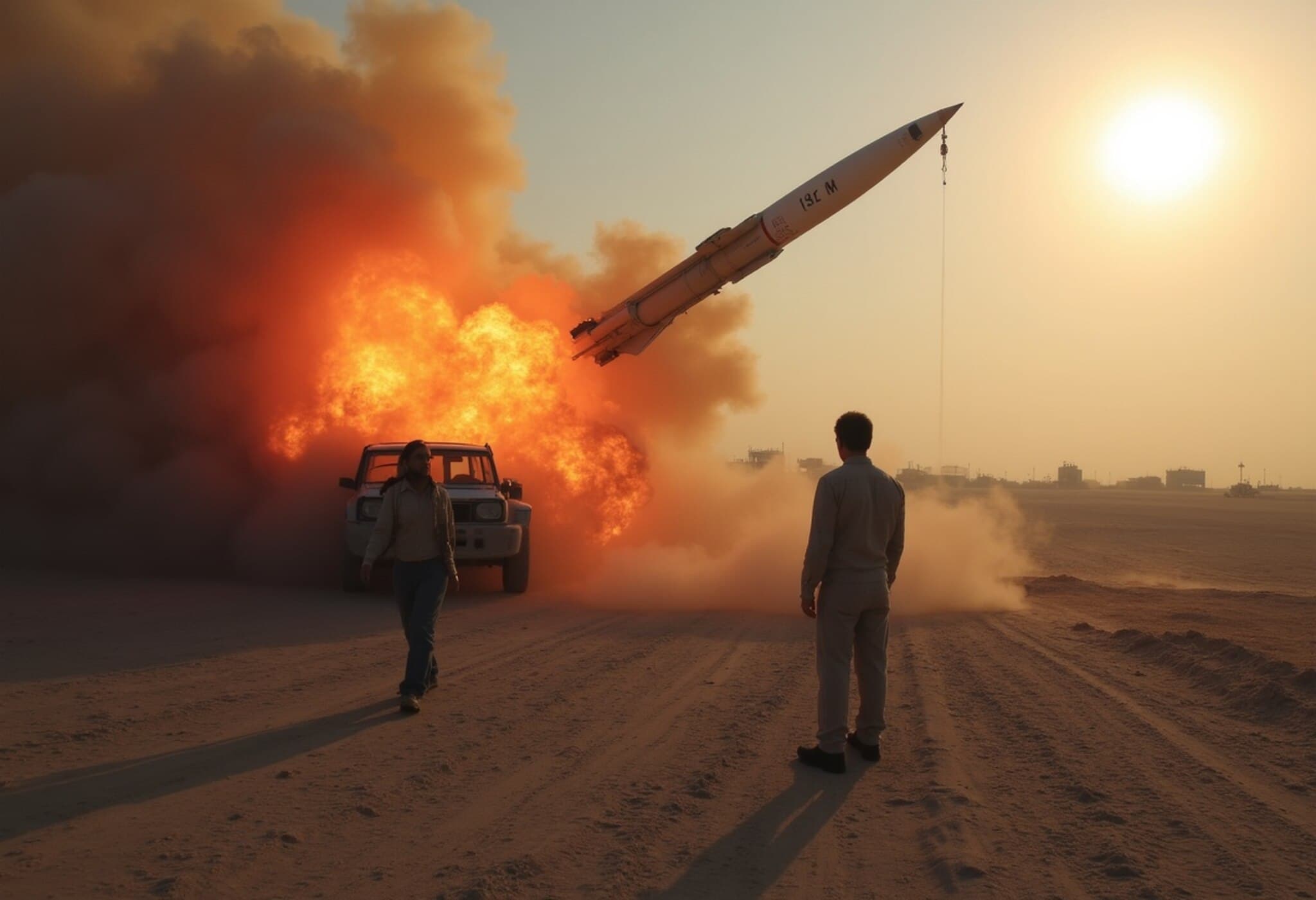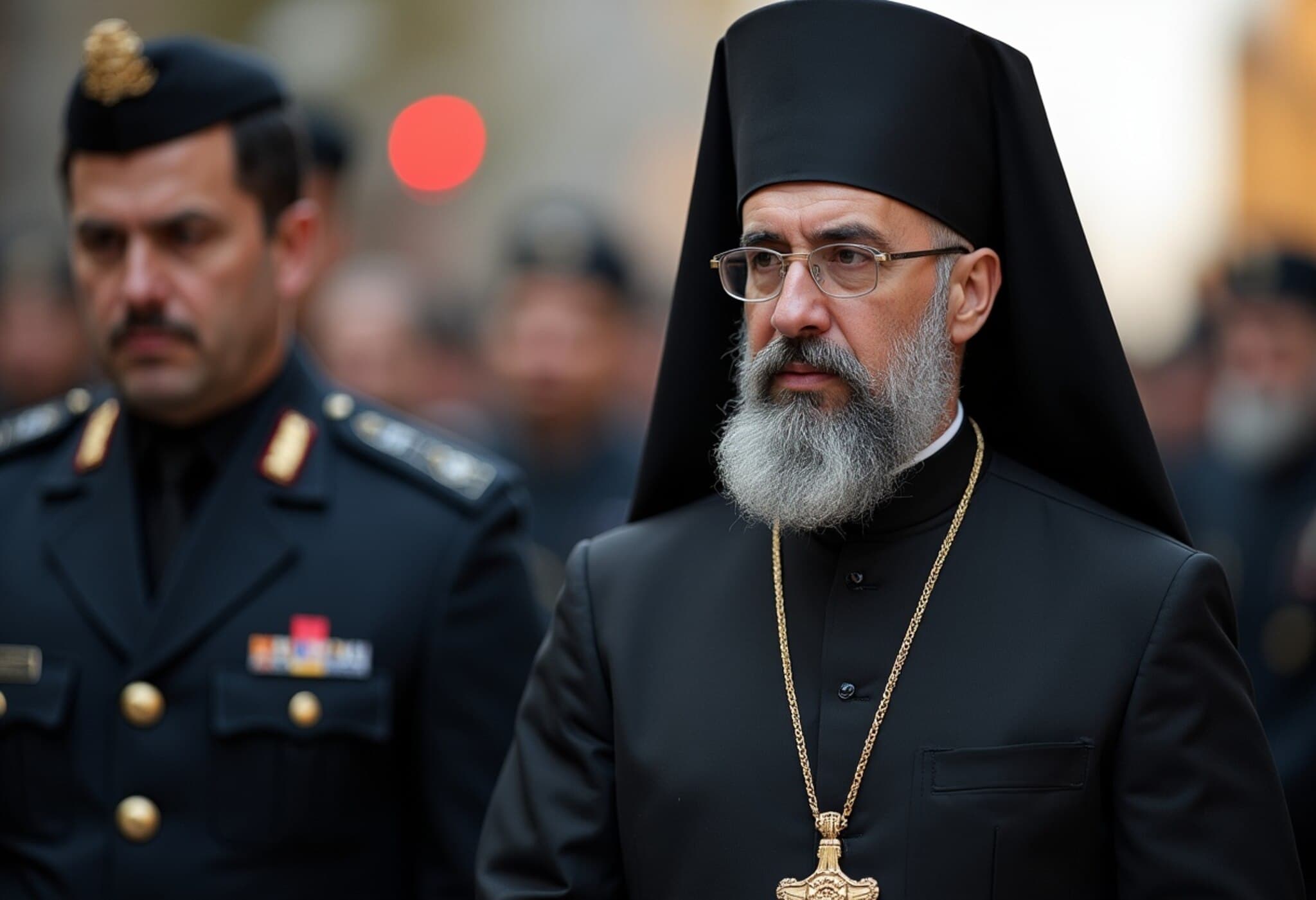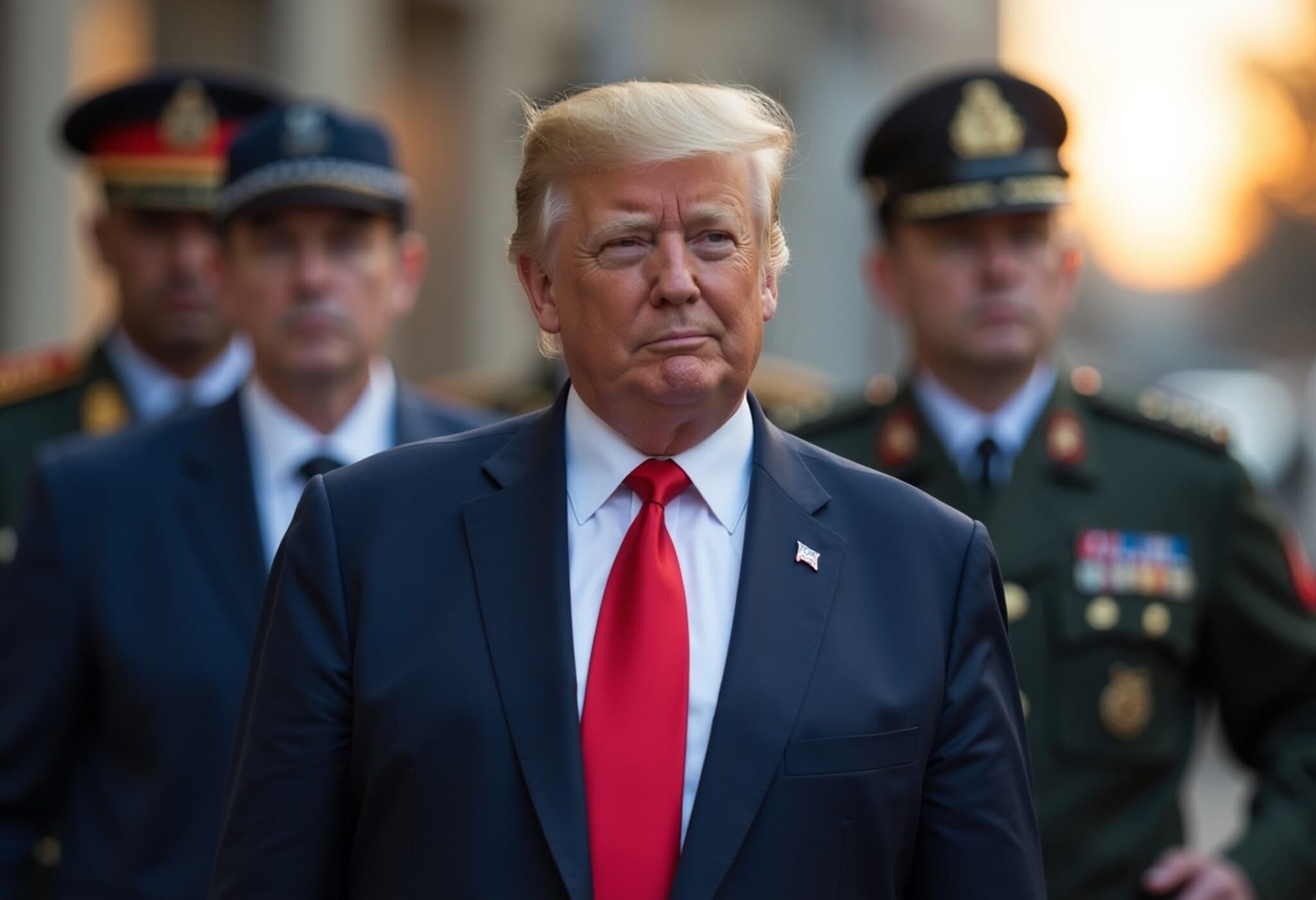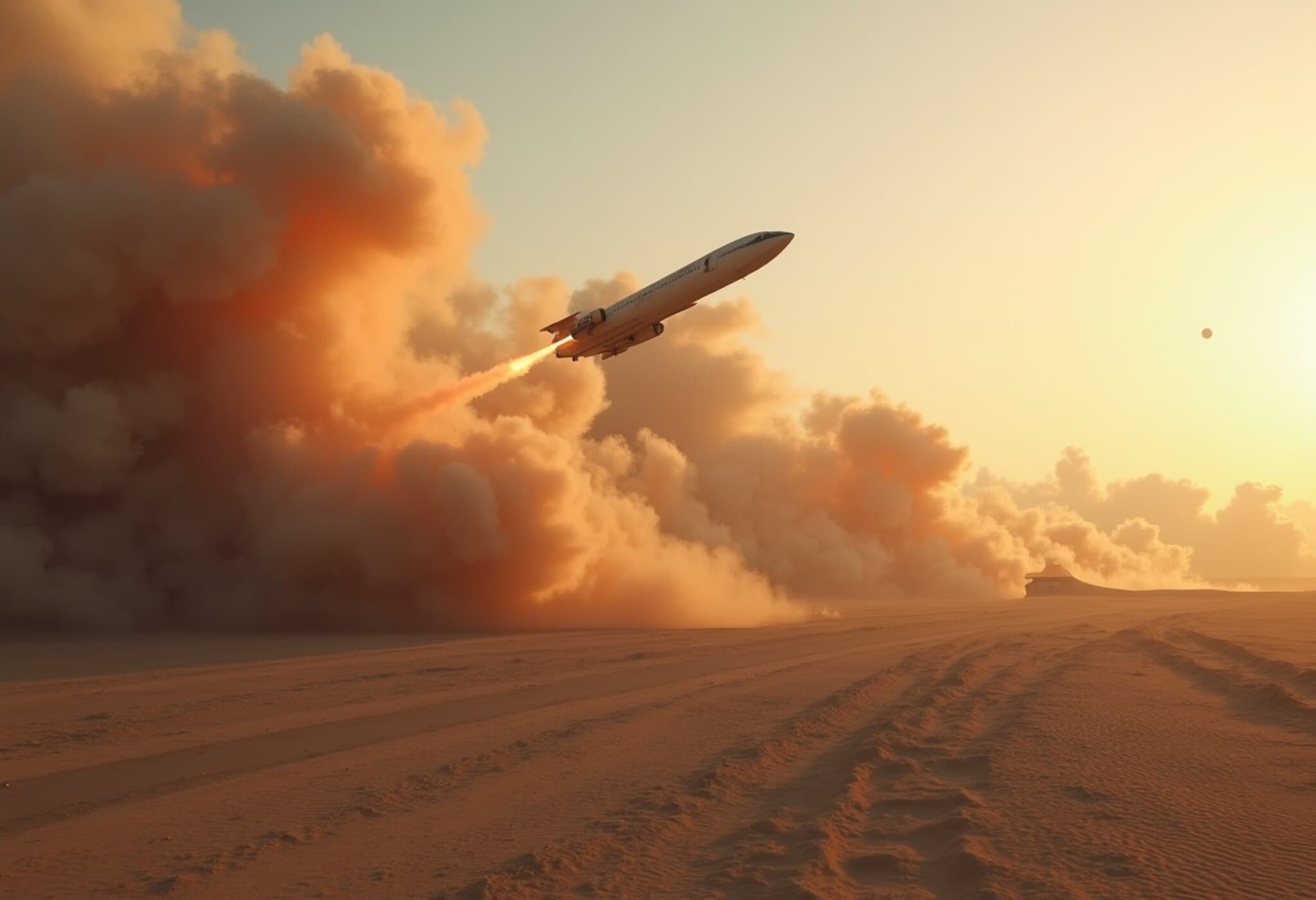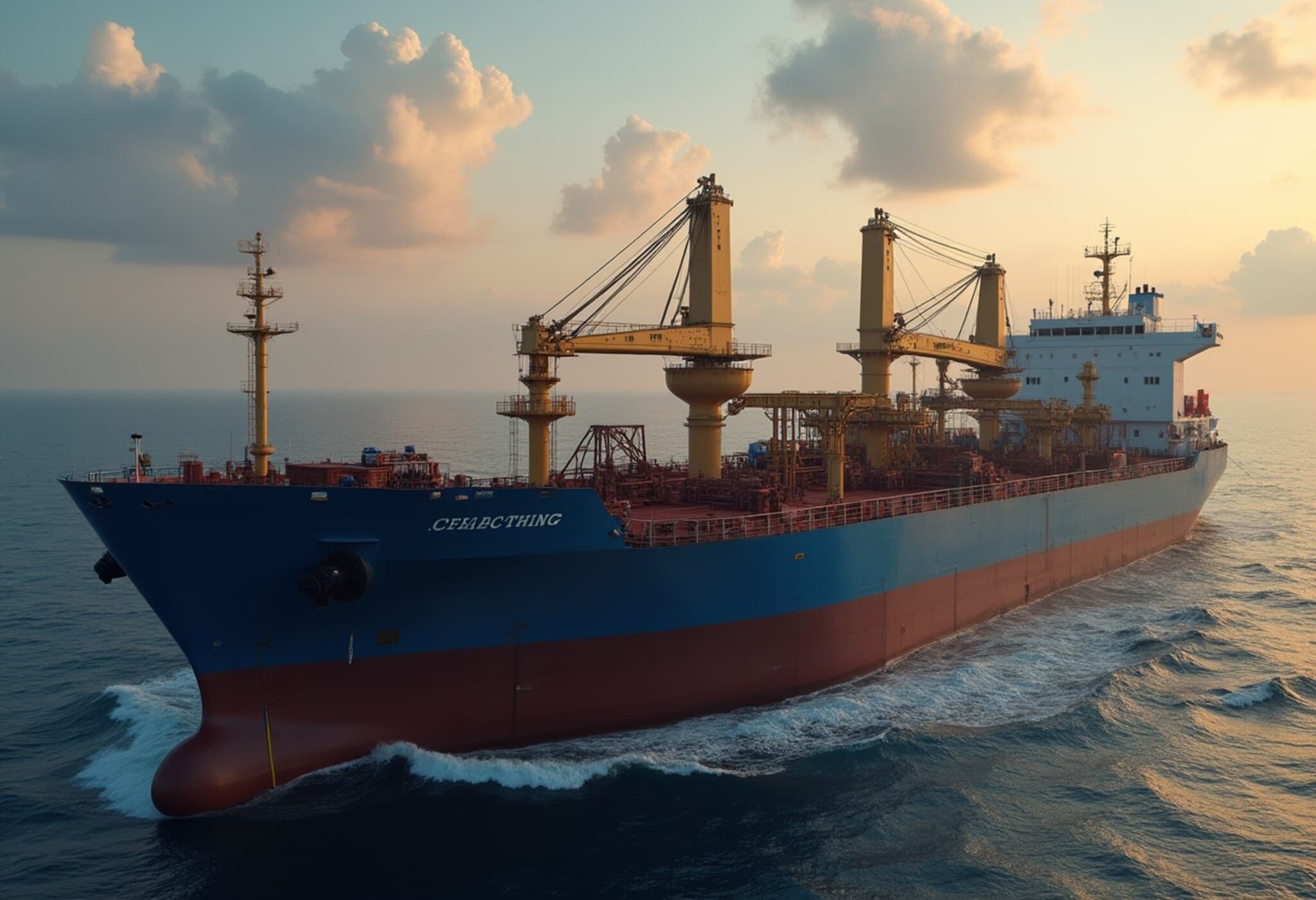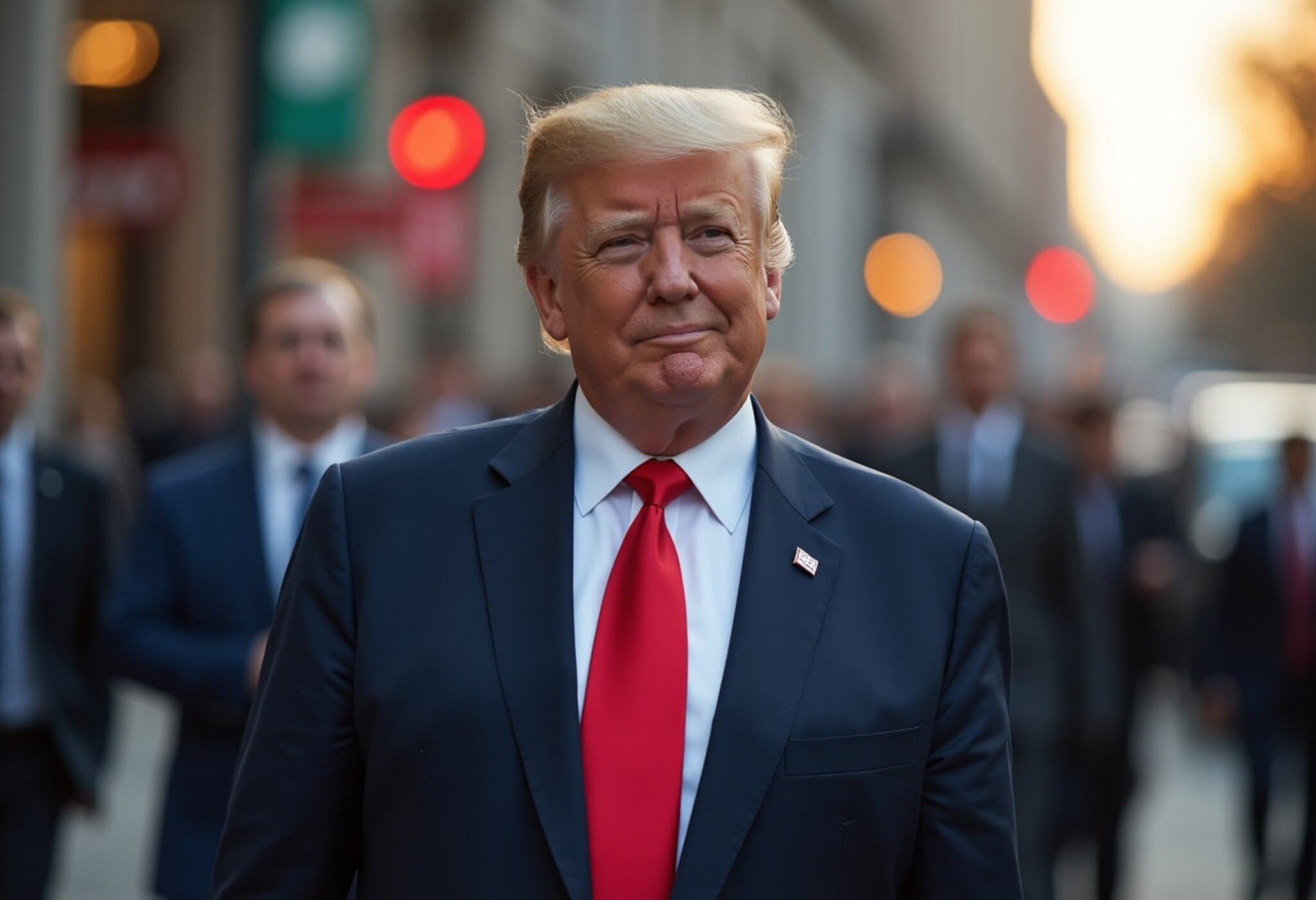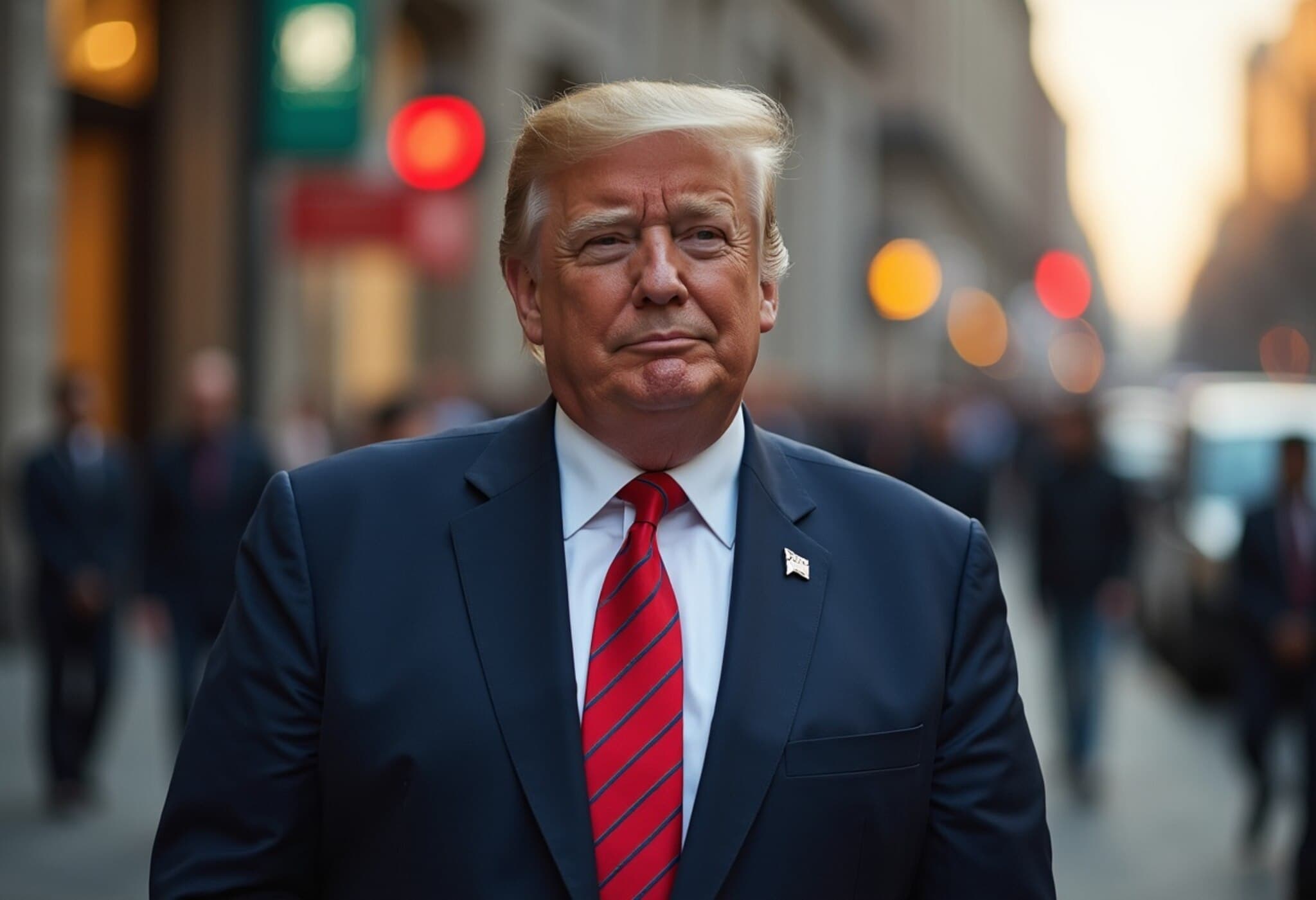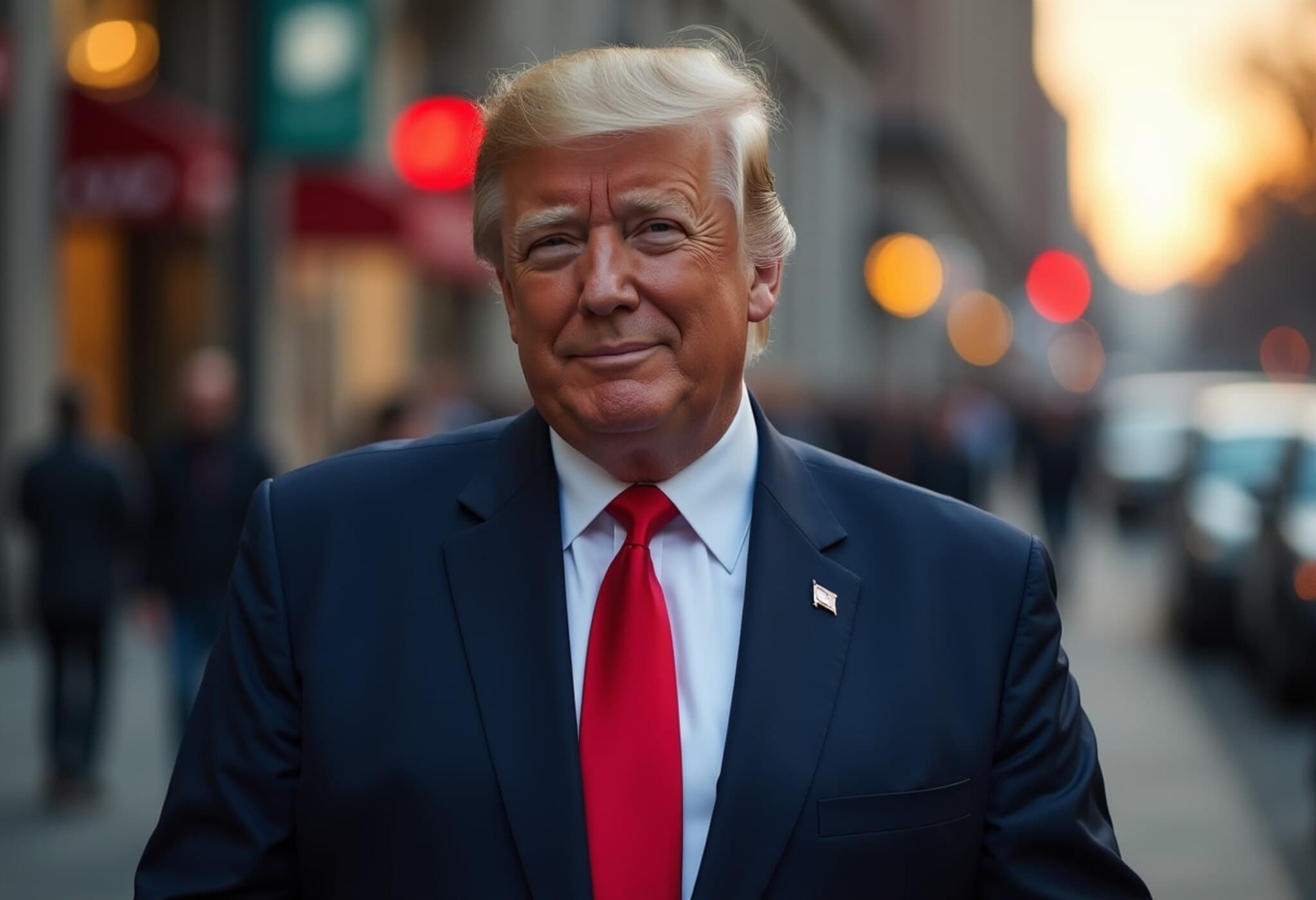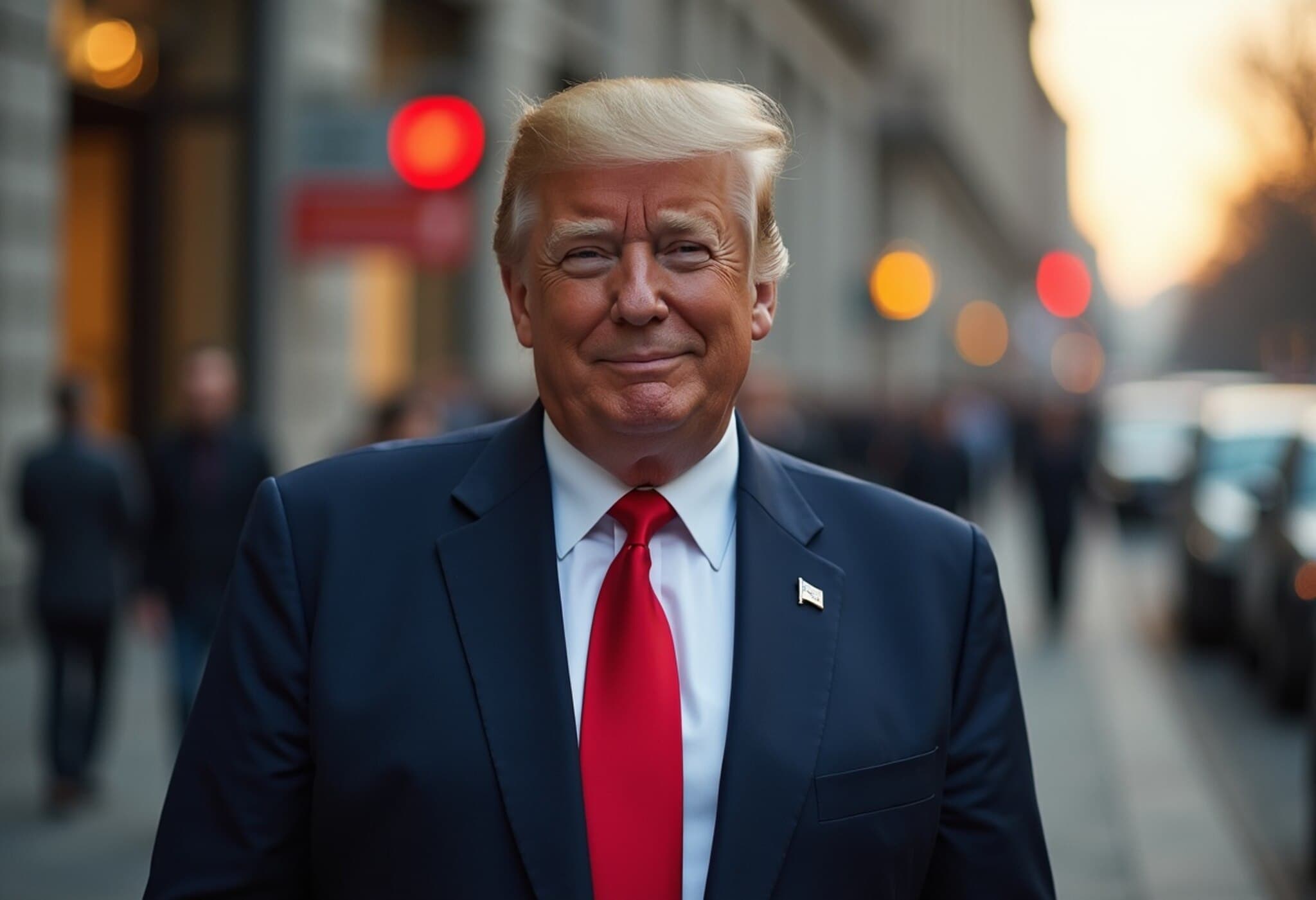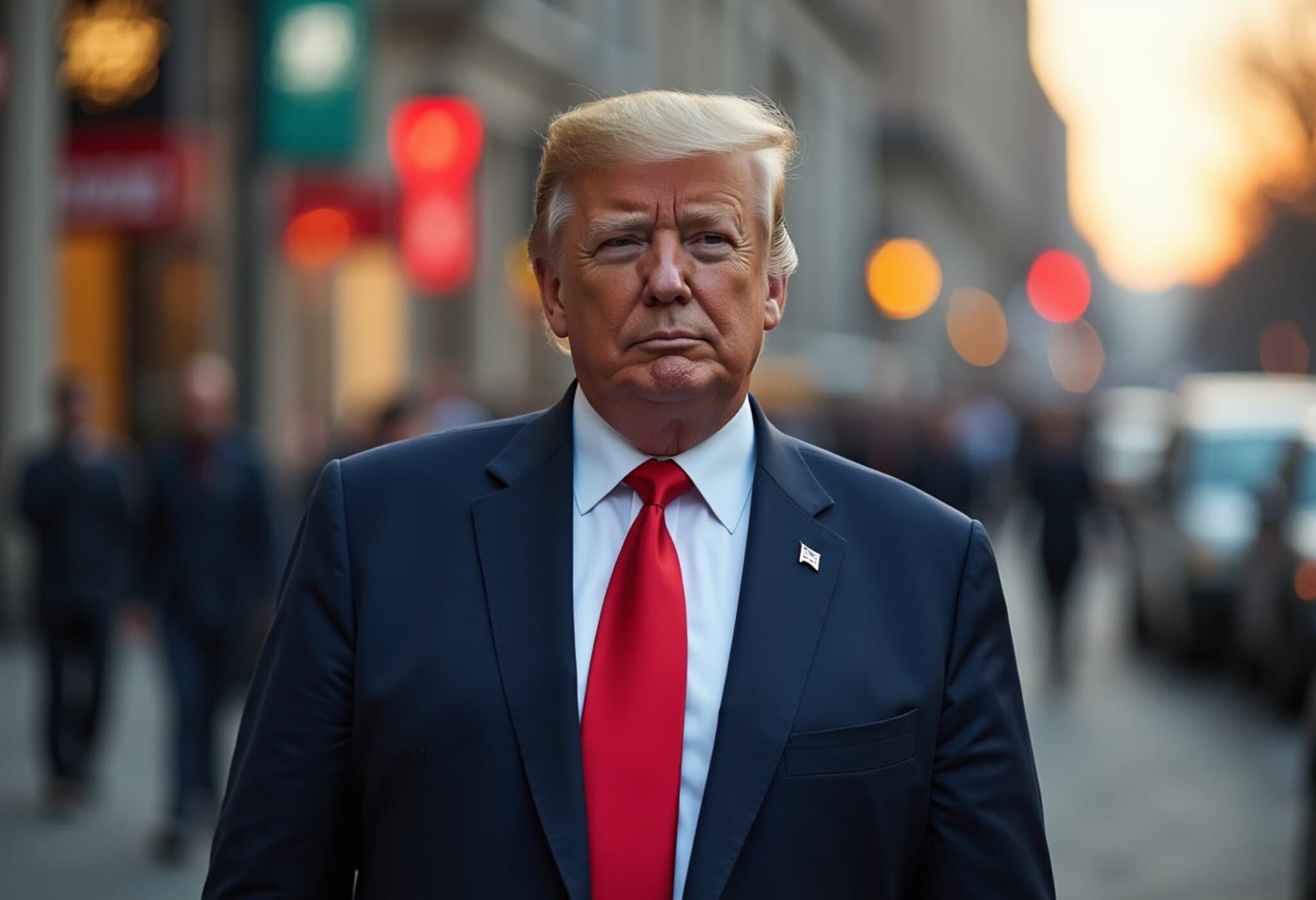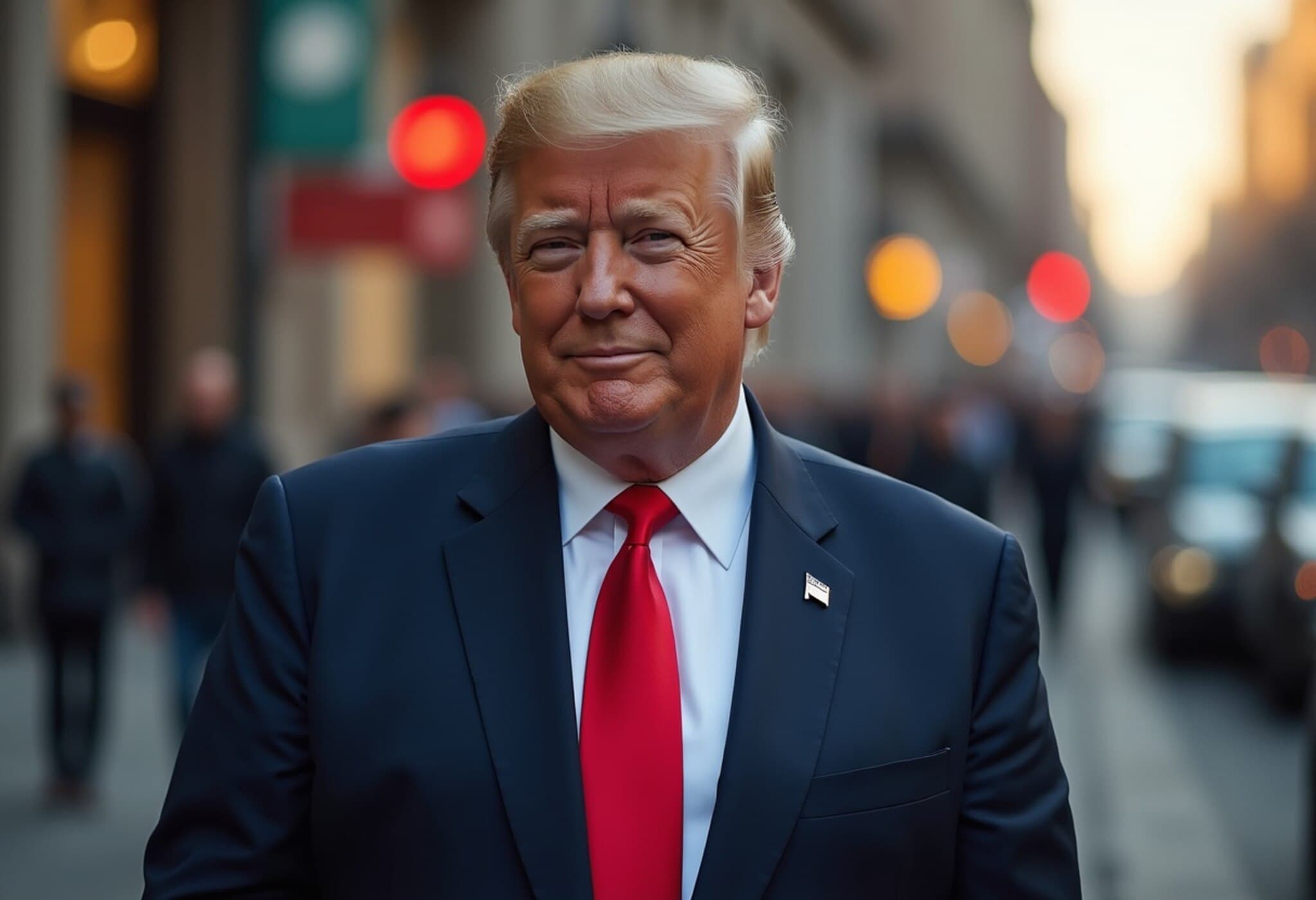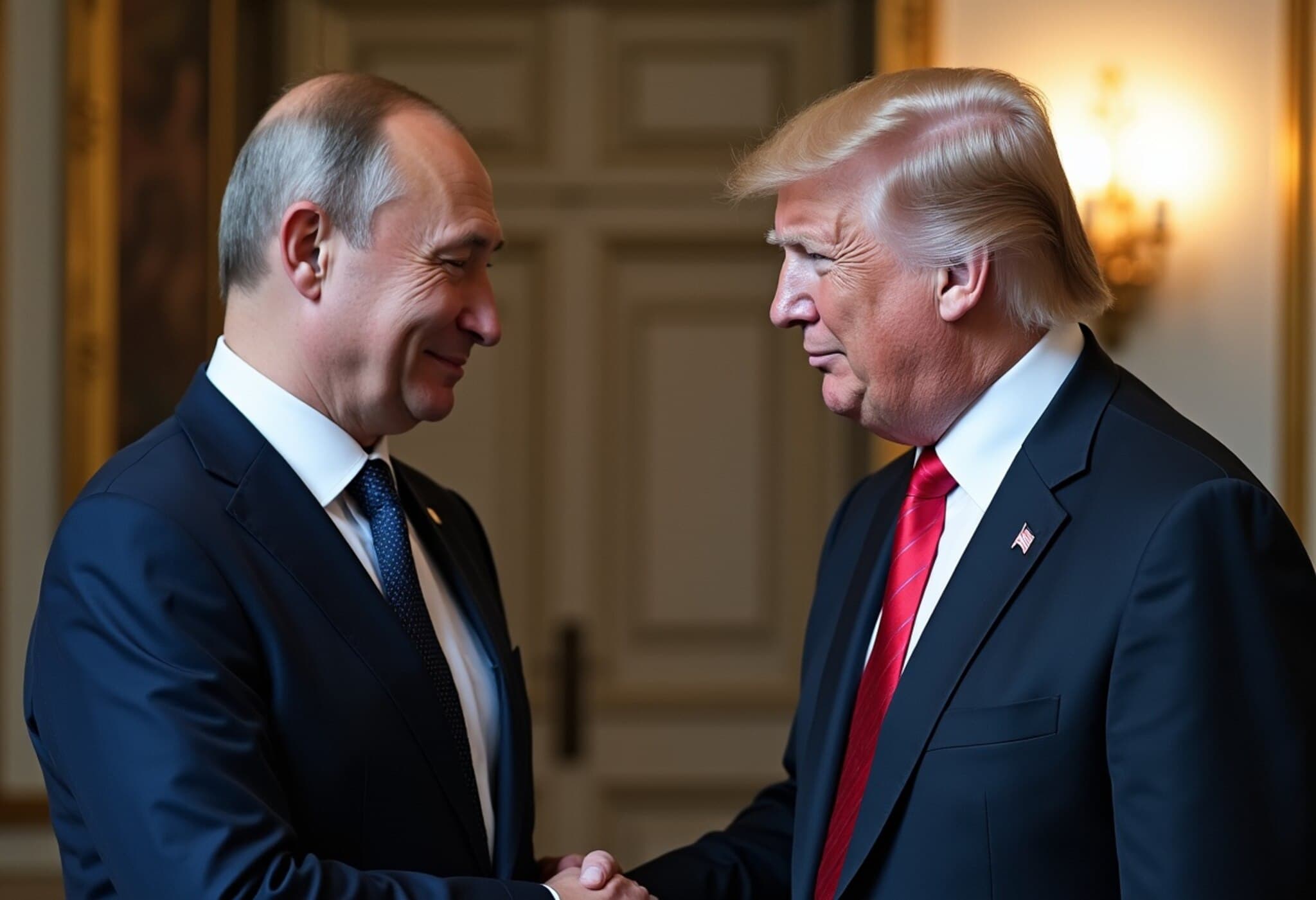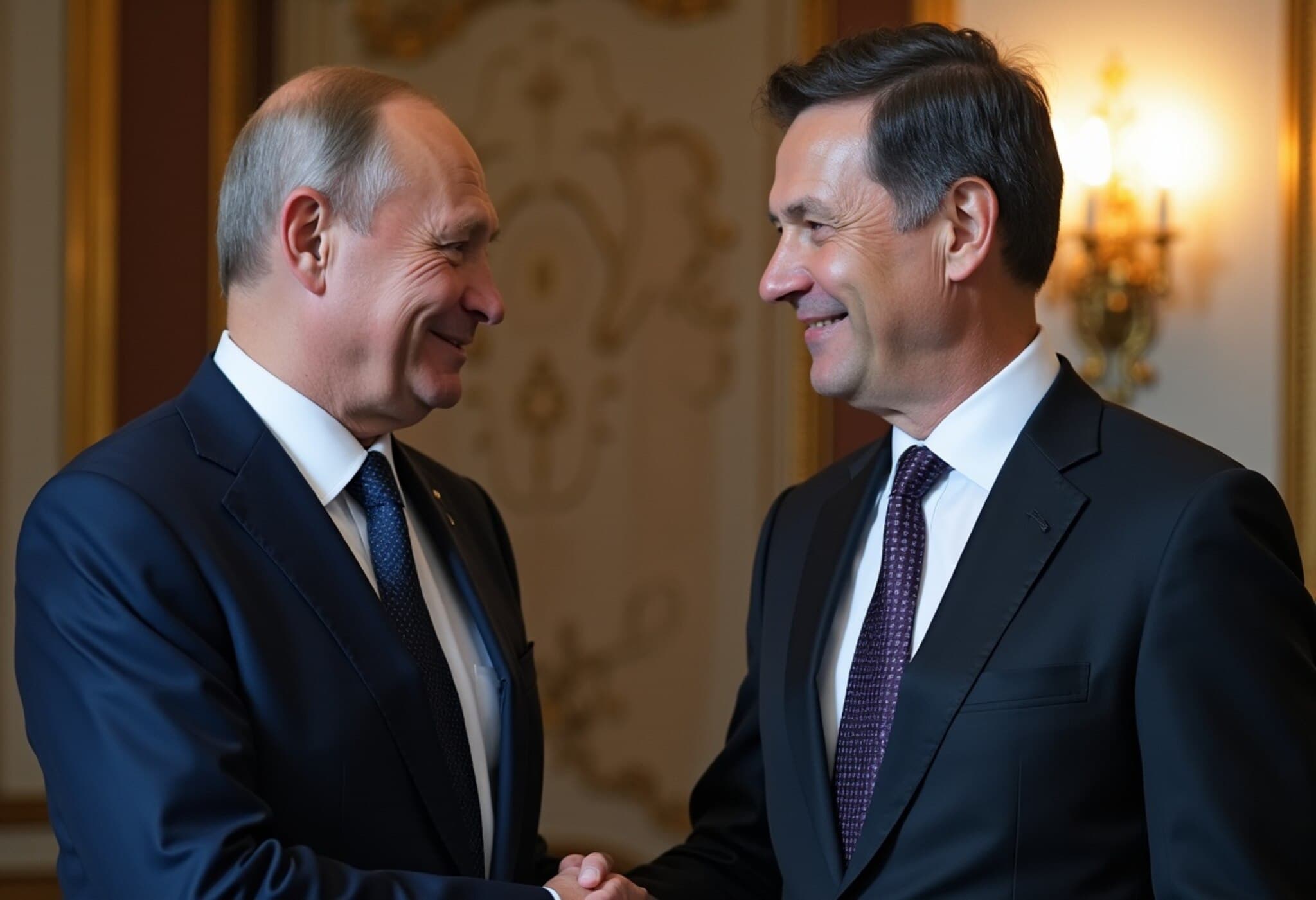U.S. Pressure Challenges India’s Russian Oil Dependence
India finds itself at a diplomatic crossroads as former U.S. President Donald Trump recently threatened punitive action over New Delhi’s continued purchases of Russian crude oil. Despite Trump's declarations of imminent penalties, Indian officials have maintained a cautious silence, reflecting the complex calculus behind the country's energy strategy.
Trump’s Tariff Threat and Its Implications
On July 30, 2025, Trump announced plans to impose a 25% tariff on Indian imports and hinted at additional unspecified penalties if India continued its procurement of Russian oil and military equipment. This hardline stance marks a significant shift, particularly given the relatively more nuanced approach toward India taken by the Biden administration in recent years.
Trump’s comments came as somewhat of a surprise, given the Biden administration’s previous assurances. In March 2022, Daleep Singh, a former U.S. deputy national security adviser for economic policy, emphasized that there were no outright bans on energy imports from Russia at the time, urging restraint and caution. Today, however, the evolving geopolitical dynamics have complicated this stance.
India’s Strategic Energy Calculations
India, the world’s third-largest energy consumer, has steadily increased its imports of Russian crude since the onset of the Ukraine conflict. From a modest 100,000 barrels per day before the war, Russian oil now constitutes nearly 39% of India’s total crude import portfolio, amounting to over 1.8 million barrels daily according to the International Energy Agency.
Indian Energy Minister Hardeep Singh Puri had previously defended these purchases, noting in a CNBC interview that Indian demand helped stabilize volatile global oil prices. New Delhi also pointed out that early in the conflict, the U.S. had encouraged India to purchase Russian oil—key to avoiding a spike above $130 per barrel—provided it adhered to established price caps.
The Delicate Balance Between Economics and Diplomacy
- Economic Motivations: Indian officials underscore that their energy sourcing decisions hinge predominantly on price competitiveness and global market stability.
- Geopolitical Considerations: The threat of U.S. tariffs adds pressure, yet New Delhi remains wary about jeopardizing its strategic autonomy and energy security.
- Alternative Suppliers: India could pivot towards other oil producers like Iran—pending a U.S. waiver—or other OPEC+ nations, though these options come with their own risks and limitations.
Expert Insights: An Unfolding Energy Dilemma
Industry analysts see Trump’s stance as a clear signal of frustration with India’s energy choices. Bob McNally, president of Rapidan Energy Group, observed that India now faces a stark dilemma balancing diplomatic relations with energy needs.
Meanwhile, Vishnu Varathan, Managing Director at Mizuho Securities, described the U.S. threats as a "clear and present danger". He highlighted that New Delhi is likely to use its Russian oil contracts as leverage in broader geopolitical negotiations while exploring comparable and cost-effective alternatives worldwide.
Regional and Global Ramifications
The predicament is not only a bilateral issue but resonates on the global stage, influencing crude pricing, energy security, and international alignments. With Russia imposing cuts to oil supply amid shifting OPEC+ policies, and India seeking to secure affordable energy, the interplay among these actors will significantly shape the market in the months ahead.
Looking Ahead: India’s Tightrope Walk
As Trump signals a potential hardening of U.S. policy, India must weigh its long-term national interests against the risk of jeopardizing relations with a key ally. The nation's energy strategy will likely remain pragmatic and adaptive, balancing market realities with geopolitical demands.
In essence, India’s stance encapsulates a broader trend: emerging economies striving to maintain strategic independence while navigating pressures from competing global powers. How India manages this balancing act could set precedents for international energy diplomacy in an increasingly multipolar world.
Editor’s Note
India’s reliance on Russian oil amidst renewed U.S. pressure highlights a critical question: how can emerging economies reconcile economic imperatives with geopolitical pressures without compromising sovereignty? The evolving situation underscores the importance of nuanced diplomacy and strategic energy diversification. Observers should watch closely how this dynamic influences future U.S.-India relations and global energy markets.

